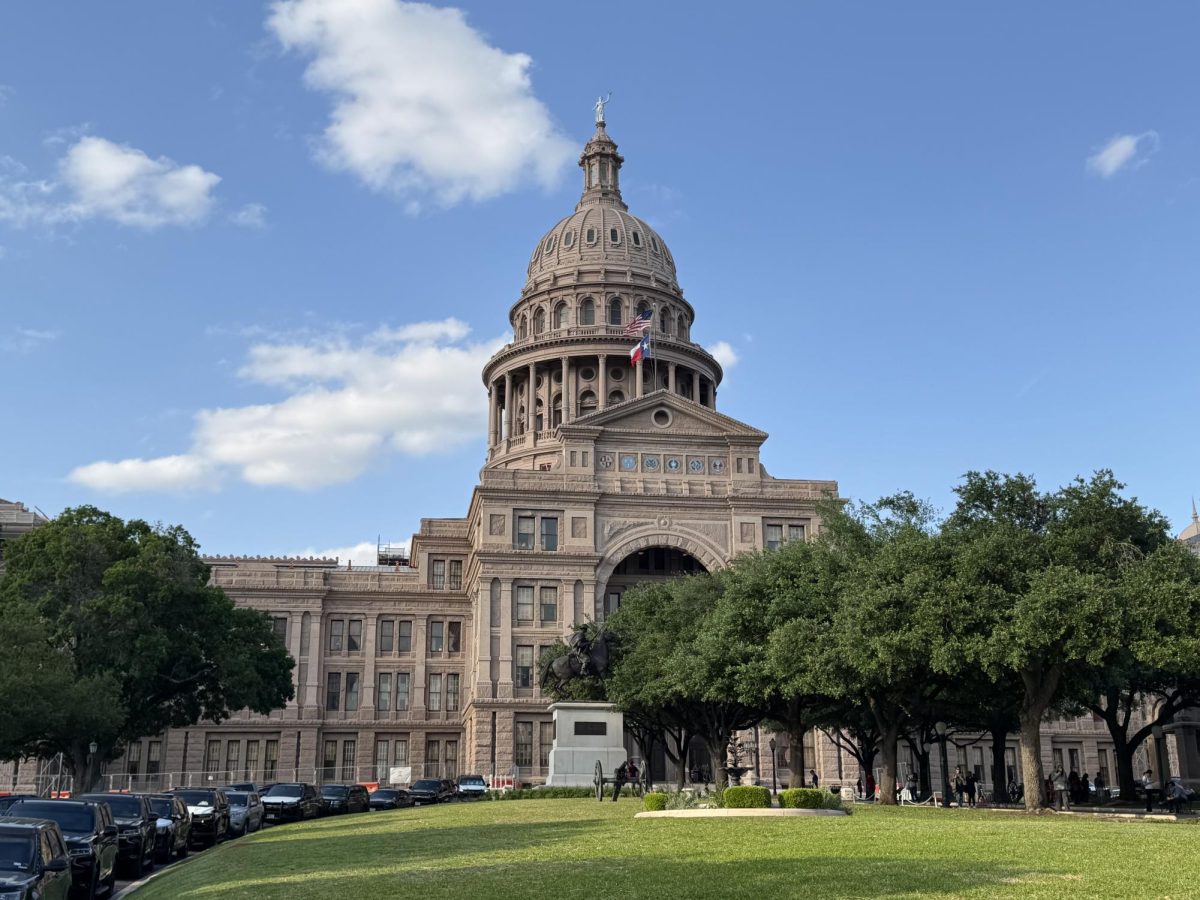Today, explicit books in school libraries are a hot-button issue for both students and parents. These allegedly inappropriate books have been the subject of many board meetings, resolutions, curriculum changes, and, of course, book bans, due to their debatable nature. Books with these mature themes toe the line between education and controversy.
Among educators, book bans are controversial. For example, 31% of First Book educators said that their district or school banned or restricted certain titles, while 87% of educators said that these bans were rarely justified. As of 2022, Texas school districts had banned 625 books, the most books banned by any state. Despite these large-scale efforts, a majority of Americans do not support these book bans: 69% of surveyed Americans said that they opposed book bans.
“Honestly, if you’re uncomfortable with [inappropriate books], just don’t check them out,” Ishaan Dabhade ‘26 said. “[If] there’s stuff that [some students] find is fine, but you don’t, why take that away from them?”
While most students don’t support the presence of mature books in lower levels of education like elementary and middle schools, many see books that have inappropriate themes as vital to a teenager’s proper maturation and growth.
“In some cases, inappropriate content in books can negatively affect younger children,” Samuel Yarbrough ‘26 said. “It could expose them to things they may not be mature enough to handle. On the other hand, older teenagers not being exposed to more mature content might lead to them being unprepared or otherwise make life harder for them.”
In September of last year, House Bill 900 (HB 900), or the Restricting Explicit and Adult-Designated Educational Resources (READER) Act, came into effect. This bill defined the difference between sexually relevant and sexually explicit content. Furthermore, it required that all vendors selling books to Texas public schools assign sexually explicit and sexually relevant ratings to any books or other materials that met the law’s definitions. If a book was deemed to be sexually explicit, it was to be recalled by the vendors themselves. After being reviewed by the 5th U.S. Circuit Court of Appeals in January, this law was repealed.
“Books made for the sole purpose of being shocking, explicit, or otherwise inappropriate are justified in being banned,” Yarbrough said. “A book rating [like the one passed] could allow students, parents, and schools to gauge whether or not they should be read. But a rating like this could also prevent children in strict households from reading what they like. Ratings like these could prevent authors from freely expressing their ideas in their books.”
Not only would this law have affected readers, it would also have affected vendors, publishers, and authors, as they would have to alter their business practices in order to keep their customers and stay within the bounds of the law.
“The obvious effect [of this law] would be financial,“ the Westwood librarians said, “but the long-term outcome would probably involve authors and publishers adapting their work to meet the new requirements or finding different means to get their stories to the people. As for vendors, it would be very hard to rate books for a variety of reasons. For example, they may not have the staff or resources to do so [or] they don’t know the content of the books because they haven’t read them. Ratings can also be subjective and different vendors may assign different ratings to the same books, depending on how they interpret the guidelines.”
School libraries, like the one at Westwood follow their own screening processes, so implementing a rating system like the one in HB 900 would just add an extra layer of complexity to their already arduous screening regiments.
“We have a district policy we follow when selecting books, and because we are a school, age-appropriateness is one of the things we consider,” the librarians said. “We read lots of reviews so we can follow the policy to the best of our ability and order materials that meet the requirements. If we find books in the collection that we feel do not meet those requirements, then we weed them from our collection. We have a weeding process we follow every year to evaluate our collection and keep it up-to-date and relevant for our students and the curriculum.”
While this law was repealed, lawmakers in Kansas are introducing a bill that also aims to rate school books on appropriateness. The debate on book ratings has been ongoing as new laws are proposed and reevaluated.














